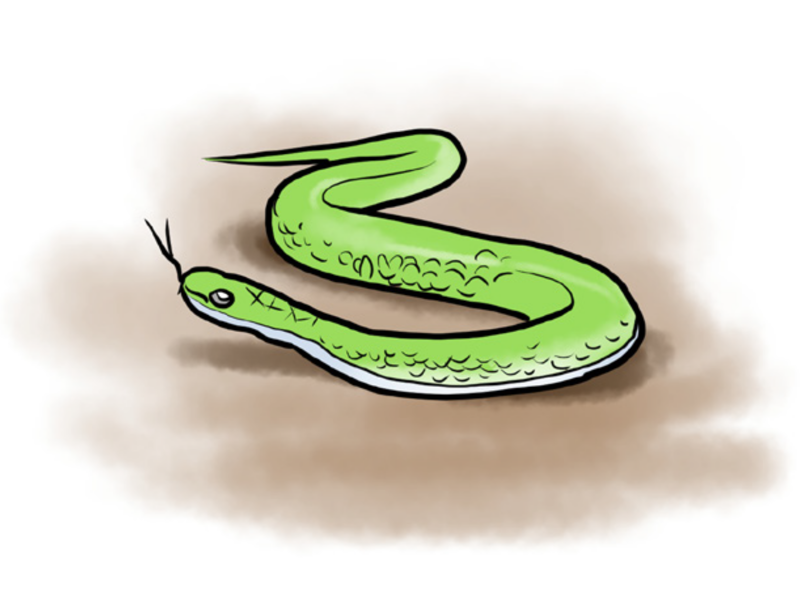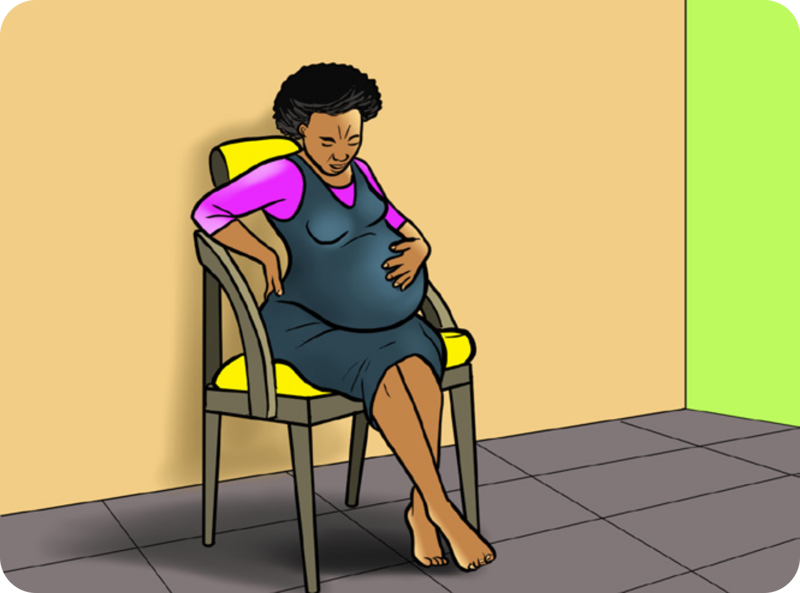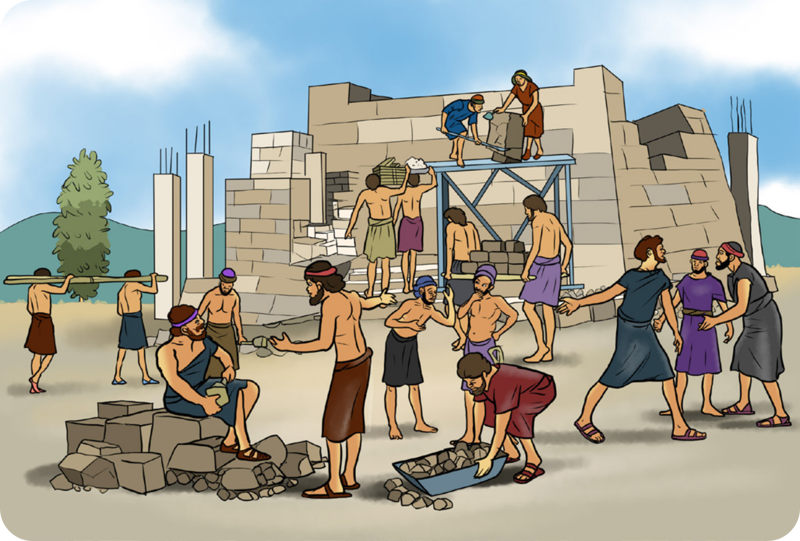Let us remember
In the previous grades, we learnt about creation. From the two creation accounts, we learnt that God created man (Adam) and woman (Eve) in His image and likeness. He placed them in the Garden of Eden to cultivate and guard it. God also gave Adam and Eve specific instructions on what to do. Which instructions did God give them? In this grade, we shall learn about what happened when Adam and Eve failed to follow God’s instructions.








